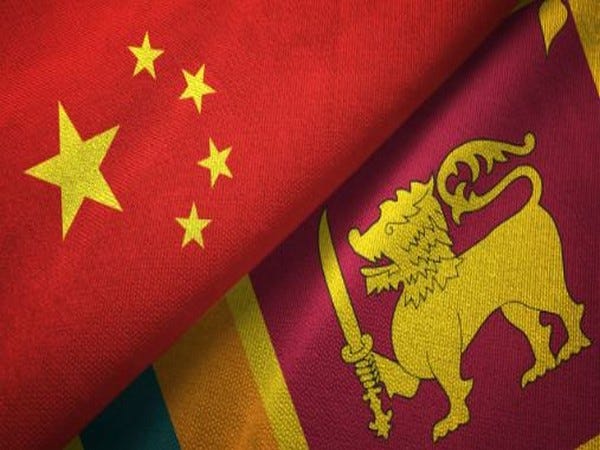China's Increasing Influence in Sri Lanka's Energy Sector Raises Concerns
China expands presence in Sri Lanka, citing strategic location.
Sri Lanka-According to the Daily Mirror Online, China has actively expanded its presence and influence in Sri Lanka, recognising the strategic significance of the nation's location in the Indian Ocean.
This includes a focus on the energy industry, as Sri Lanka seeks to diversify its energy mix and reduce reliance on imported fossil fuels.
Currently, around 70% of Sri Lanka's energy is derived from hydroelectricity, with the government investing in expanding water storage and boosting productivity in this sector.
Additionally, the country has supported the growth of wind and solar energy, as well as small-scale biomass production utilising coconut husks.
China's interest in Sri Lanka's energy sector became evident with the construction of the Hambantota Port.
Initially, a project started by the Sri Lankan government, it had to be leased to China in 2017 due to financial difficulties.
While seen as an opportunity to revitalize the port, concerns have been raised by experts regarding the lease's potential impact on Sri Lanka's sovereignty and security.
China has also made significant investments in Sri Lanka's energy infrastructure, including hydropower projects and coal power plants in Norochcholai.
However, the aggressive lending practises of China, known as "debt trap diplomacy," have raised global concerns. Sri Lanka, like many other countries, has become heavily indebted to China, posing risks to its economy and potentially compromising control over strategically vital assets such as energy infrastructure.
Moreover, allegations of corruption and a lack of transparency have further overshadowed Chinese investments in Sri Lanka.
The aggressive lending practices of China have drawn international attention, with Sri Lanka being a major recipient of Chinese debt.
While Chinese investments may initially seem advantageous for Sri Lanka's economic development, there are growing concerns that they may come at the expense of the country's sovereignty and security.




They knew the terms of the loans; everybody does; they took them. Now they can't pay them back they think China should make allowances for them. No, they have to learn to live in the real world and pay their debts.
Africa must learn that too. Much debt forgiveness for hipc countries in recent years was given in recent years but it won't happen again. Look at Zambia, forgiven billions, now back in the same position, but it is to China they must go. They won't be so forgiving. A hard lesson to learn.